Feature
-
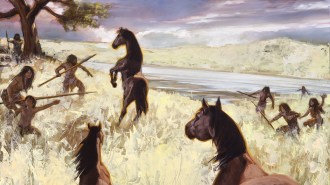 Humans
HumansAncient horse hunts challenge ideas of ‘modern’ human behavior
An archaeological site in Germany suggests communal hunting and complex thinking emerged earlier in human evolution than once thought.
By Bruce Bower -
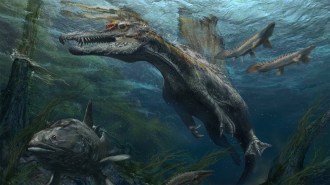 Paleontology
PaleontologyCould Spinosaurus swim? The fierce dinosaur ignites debate
Researchers are still divided about whether Spinosaurus was a swimmer or a wader. What’s clear is that confirming the first swimming dinosaur would be a game-changer.
-
 Health & Medicine
Health & MedicineA shadowy market for weight-loss drugs has emerged online
People are buying semaglutide and tirzepatide, the key ingredients in Ozempic and Zepbound, from unconventional sources. Doctors have safety concerns.
By Meghan Rosen -
 Physics
PhysicsCalls to restart nuclear weapons tests stir dismay and debate among scientists
Many scientists say “subcritical” experiments and computer simulations make nuclear weapons testing unnecessary.
-
 Climate
ClimateBuying carbon credits to fight climate change? Here’s what to know
Carbon credits sold on the voluntary market are under scrutiny for not offsetting greenhouse gas emissions as claimed.
-
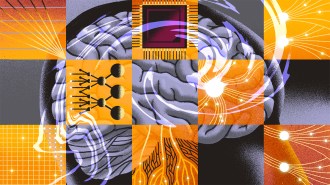 Artificial Intelligence
Artificial IntelligenceMore brainlike computers could change AI for the better
New brain-inspired hardware, architectures and algorithms could lead to more efficient, more capable forms of AI.
-
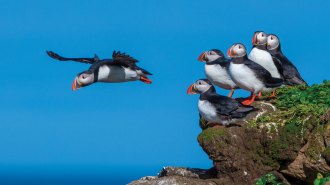 Animals
AnimalsHow a puffin patrol in Iceland is saving the iconic seabirds
Light pollution disorients young puffins. The Puffling Patrol helps them find their way to the sea.
-
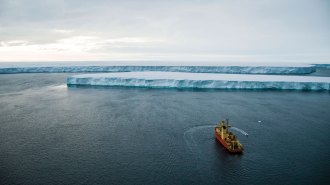 Climate
ClimateCan geoengineering plans save glaciers and slow sea level rise?
As climate change melts West Antarctica’s glaciers, scientists are proposing bold ideas to avoid devastating sea level rise. Will they work?
By Douglas Fox -
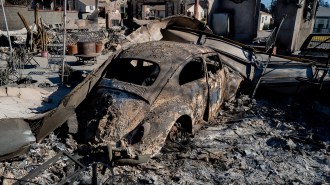 Health & Medicine
Health & MedicineToxic dangers lurk in LA, even in homes that didn’t burn
Urban wildfires like LA’s make harmful chemicals from burning plastics and electronics that can make indoor air dangerous for months.
-
 Science & Society
Science & SocietyDo science dioramas still have a place in today’s museums?
Science dioramas of yesteryear can highlight the biases of the time. Exhibit experts are reimagining, annotating — and sometimes mothballing — the scenes.
By Amber Dance -
 Health & Medicine
Health & MedicineBetter male birth control is on the horizon
Men have two birth control options: condoms and vasectomies. Why has it taken so long to develop more contraceptives?
-
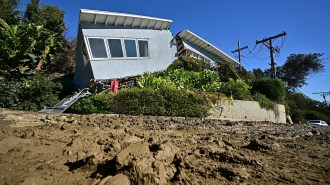 Earth
EarthAnother danger looms after the LA fires: Devastating debris flows
As wildfires burn the landscape, they prime slopes for debris flows: powerful torrents of rock, mud and water that sweep downhill with deadly momentum.
By Nikk Ogasa